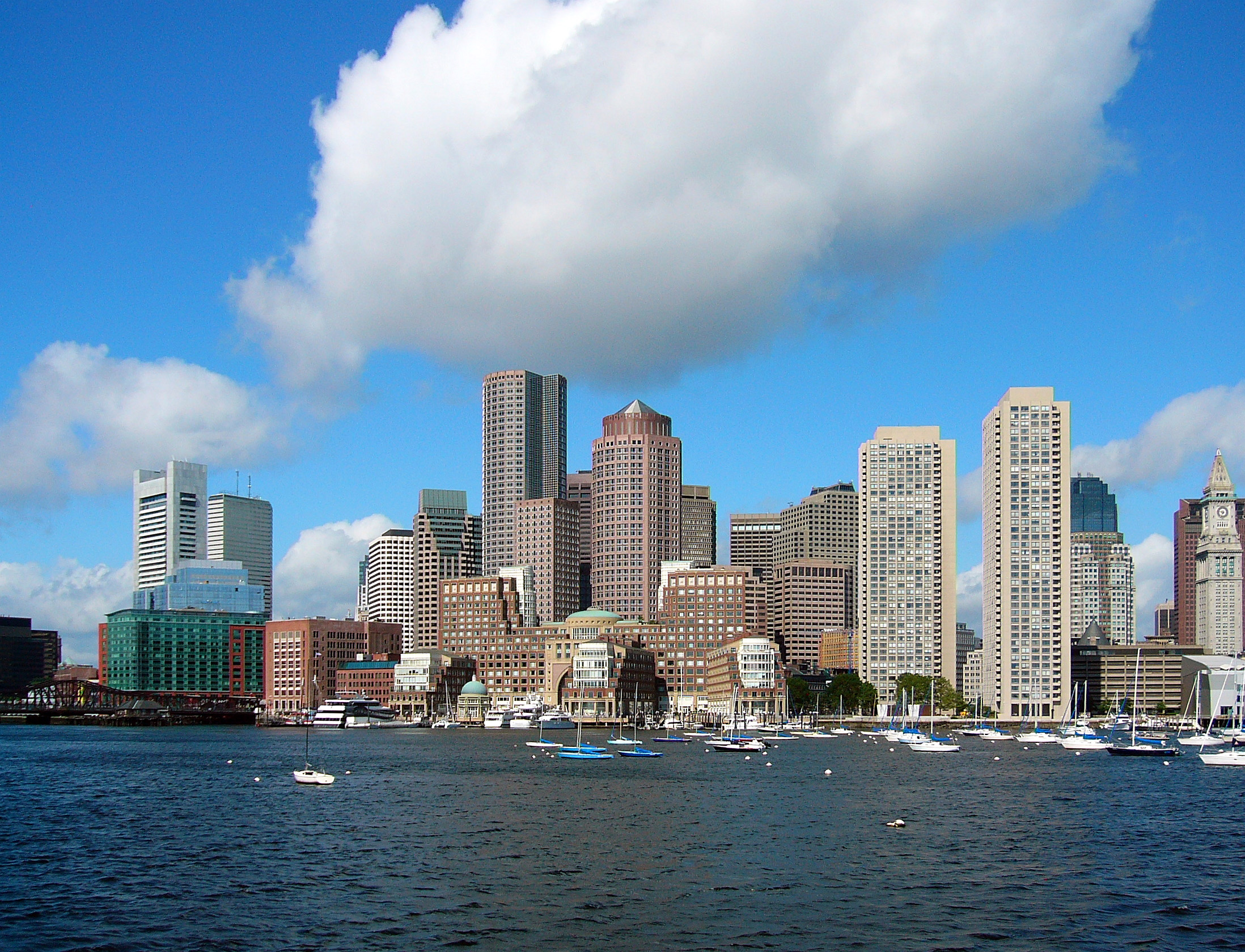
Brian Swett, Chief of Environment, Energy, and Open Space for the city of Boston, talks about maintaining the city's historic heritage while planning for the future.

Jacqueline Kozak Thiel, Hawaii's State Sustainability Coordinator, talks about the state's unique sustainability challenges and how the island chain is planning for climate change.
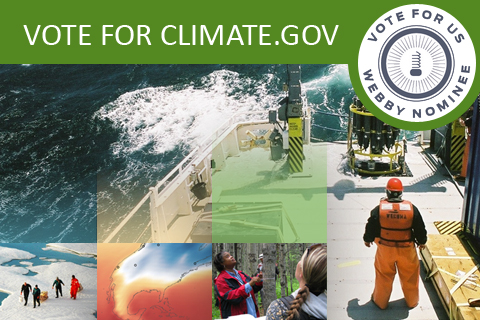
The International Academy of the Digital Arts & Sciences has chosen us as one of five nominees for the annual Webby Awards for online excellence. Please consider voting us for the People's Voice Award! Vote for us in the Government category, and vote for the "Teaching Climate" section in the Green category.
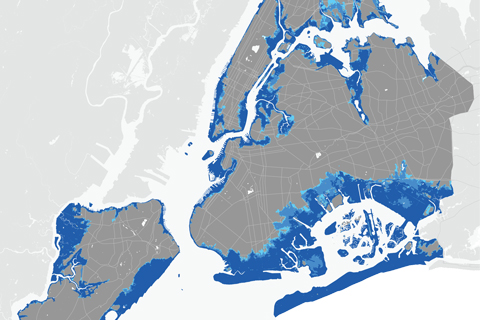
If mid-century projections of sea level rise prove true for New York City, four times as many people may be living in the 100-year floodplain than were previously estimated based only on observed changes.
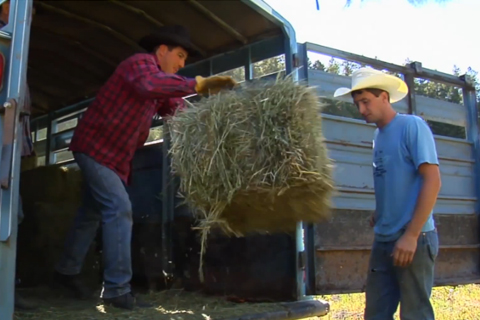
Working with private companies, the U.S. Department of Agriculture’s Risk Management Agency uses precipitation data from NOAA’s Climate Prediction Center as part of an insurance program for ranchers and those who grow hay or other livestock forage. This video describes how it works.
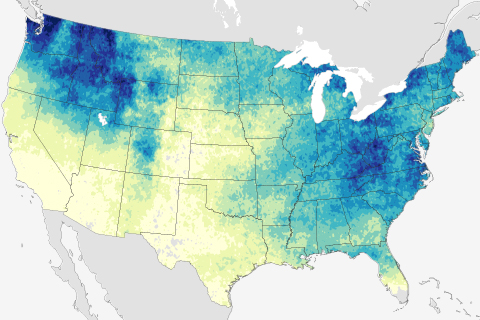
According to the 2009 National Climate Assessment, heavy downpours have increased in frequency and intensity during the last 50 years. Models predict that downpours will become still more more frequent and intense as greenhouse gas emissions and the planet’s temperature continue to rise.

Great Lakes ice cover most extensive since mid-90s
February 26, 2014
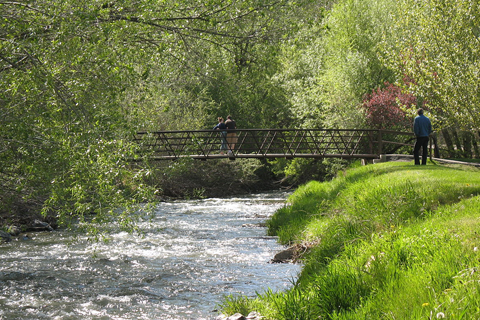
Water resources manager Laura Briefer describes how Salt Lake City’s Department of Public Utilities is using climate information to help plan for the city’s future.
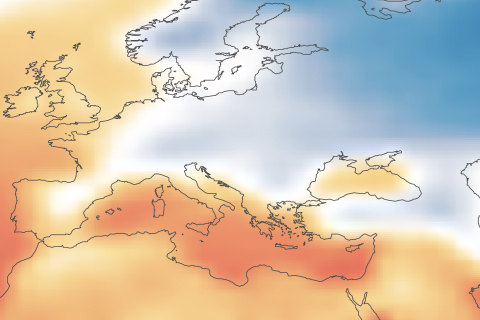
Sochi will be among the warmest cities to have hosted a Winter Olympic Games. Climate change could make many previous Olympic cities unsuitable for Winter Games by the end of the century.
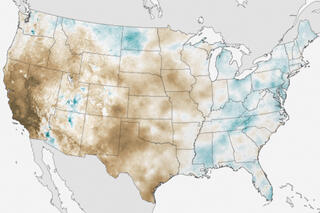
January precipitation deficits keep California drought outlook grim
February 7, 2014